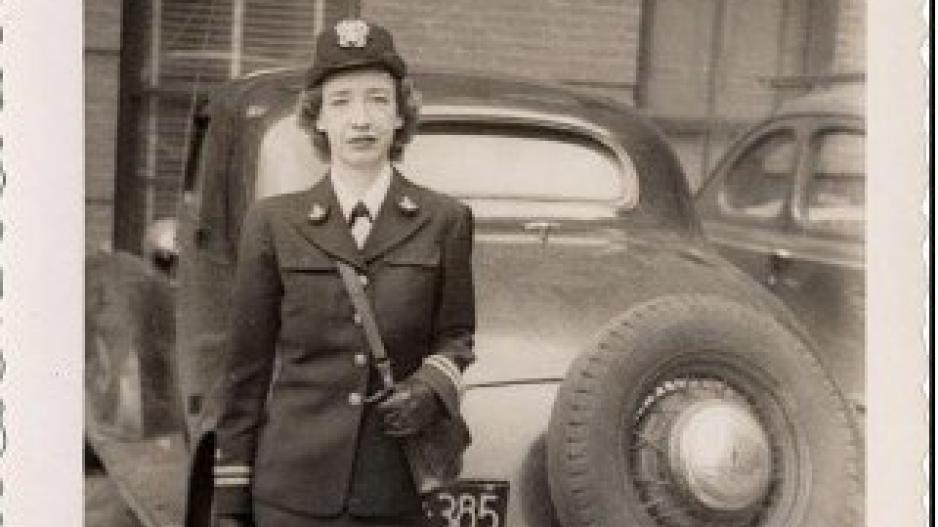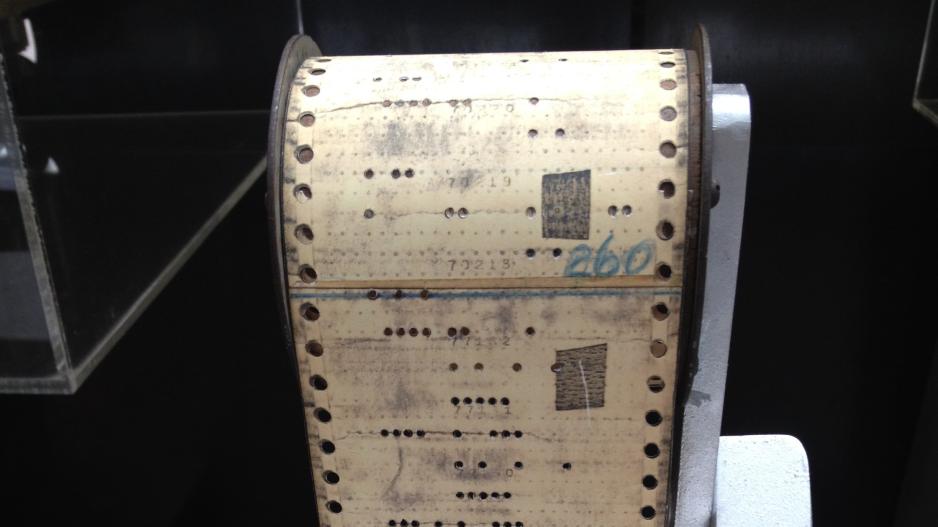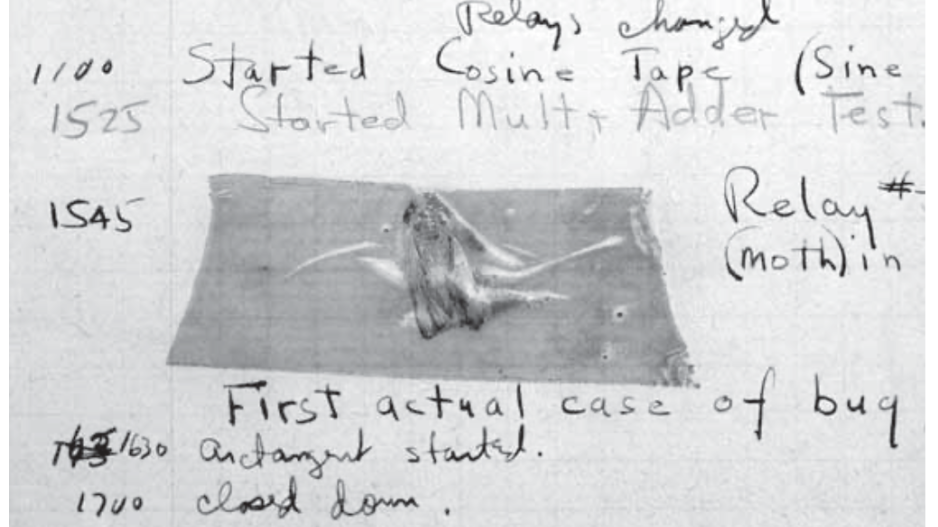Admiral of the Cyber Sea: The Grace Hopper Story
The Woman Who Programmed the First Computer
Grace Hopper, born in 1906 into a wealthy family in Manhattan, had a life trajectory marked by academic excellence and unexpected turns. Initially pursuing a career in academia as a mathematics teacher, her path radically shifted with the onset of World War II. At 37, Hopper left her teaching position and husband, joining the Navy against the odds of physical rejection. This decision marked the beginning of her groundbreaking contributions to the field of computer science.
In the Navy, Hopper's mathematical prowess led her to become one of the first programmers of the Harvard Mark I, the world’s first large-scale computer. Collaborating with Howard Aiken, she faced and overcame the substantial challenges of early computer programming. Her work during this period was not just about operating the machine but also about innovating. Hopper developed the first compiler, A-0, and pioneered the concept of "automatic programming" to enhance computer accessibility and functionality.
Hopper's journey also involves debunking popular myths, such as her association with the term "debugging." This term became synonymous with fixing computer glitches, but its origin predates her work. However, her role in programming and software development cannot be overstated, especially her advocacy for making computers user-friendly.

As World War II ended, Hopper continued to shape the computing world. She joined the Eckert-Mauchly Computer Corporation, playing a pivotal role during financially challenging times and a rapidly evolving technological landscape. Her advocacy for automatic programming led to significant advancements, including the development of COBOL (Common Business-Oriented Language), which revolutionized the use of computers in business and government sectors.
Beyond her technical achievements, Hopper's career in the U.S. Navy was equally remarkable. She attained the rank of Rear Admiral, a testament to her leadership and vision. Hopper was a strong proponent of distributed computer networks, foreseeing the future of interconnected computing.

In her later years, Grace Hopper became an emblematic figure, inspiring countless individuals with her passion and dedication to computing. Her accolades include winning the "Man of the Year" award in 1969, a significant recognition in the then male-dominated field of information processing.

Grace Hopper's journey reflects a story of resilience, innovation, and transformation. When she passed away in 1992, she left behind a legacy that extends far beyond her technical contributions. Her life and work continue to inspire and influence the realms of computing and technology, underscoring the profound impact one individual can have on shaping the digital world.






